על אוטופיקשן: אוטוביוגרפיה בעידן של פוסט-אמת
קרן דותן
המאמר מבקש לבחון את התפקיד השיחני של "אוטופיקשן", ז'אנר ספרותי שנהנה מפופולריות גואה בתרבות העכשווית. הוא שואל על הקשר בין האוטופיקשן ובין השינויים הפוקדים את מושג האמת בזמננו, לפחות מנקודת מבטה של המדיה, המכנָה את עידננו "פוסט-אמת" (אף שספק רב אם שקרים רווחים היום יותר מאשר בעבר), ובודק כיצד השינויים הללו מעצבים גם את האוטוביוגרפיה. תוך בחינת גלגוליו ההיסטוריים של המונח אוטופיקשן, מאז נטבע על ידי הסופר הצרפתי סרז' דוברובסקי, ותוך דיון בהיבטים פוליטיים, מגדריים וכלכליים של הז'אנר כצורה ספרותית – בין השאר בהשפעת רעיונותיהם של חוקרים והוגים כמו פרנקו מורטי, פול דה מאן, מרג'ורי וורתינגטון וסלבוי ז'יז'ק – המאמר מציע כי בחסות הדומיננטיות של האוטופיקשן בשדה הספרות, האוטוביוגרפיה נהפכת למחוז ספרותי מיושן הנתפס כפוליטי מדי, חסר ברק ספרותי, ומסוכן מבחינה משפטית. השתלטות שיחנית זו של המונח "אוטופיקשן" מוסברת, בין היתר, בהבטחה הצפונה בו לתת מענה על חרדות מפני מעמדה המתערער של האמת בעידן ה"פוסט-אמת". בחלקו האחרון של המאמר נערכת קריאה קרובה יותר בספרו של קרל אובה קנאוסגורד הסוף, שהוא האחרון בסדרת ספרי "המאבק שלי": ספר זה אינו מובא כדוגמה לאוטופיקשן, אף שלא פעם הוא מוצג ככזה בתקשורת, אלא דווקא כדוגמה לאופן שבו באים לידי ביטוי היחסים המתעתעים בין אמת ושקר בעידן הפוסט-אמת.


